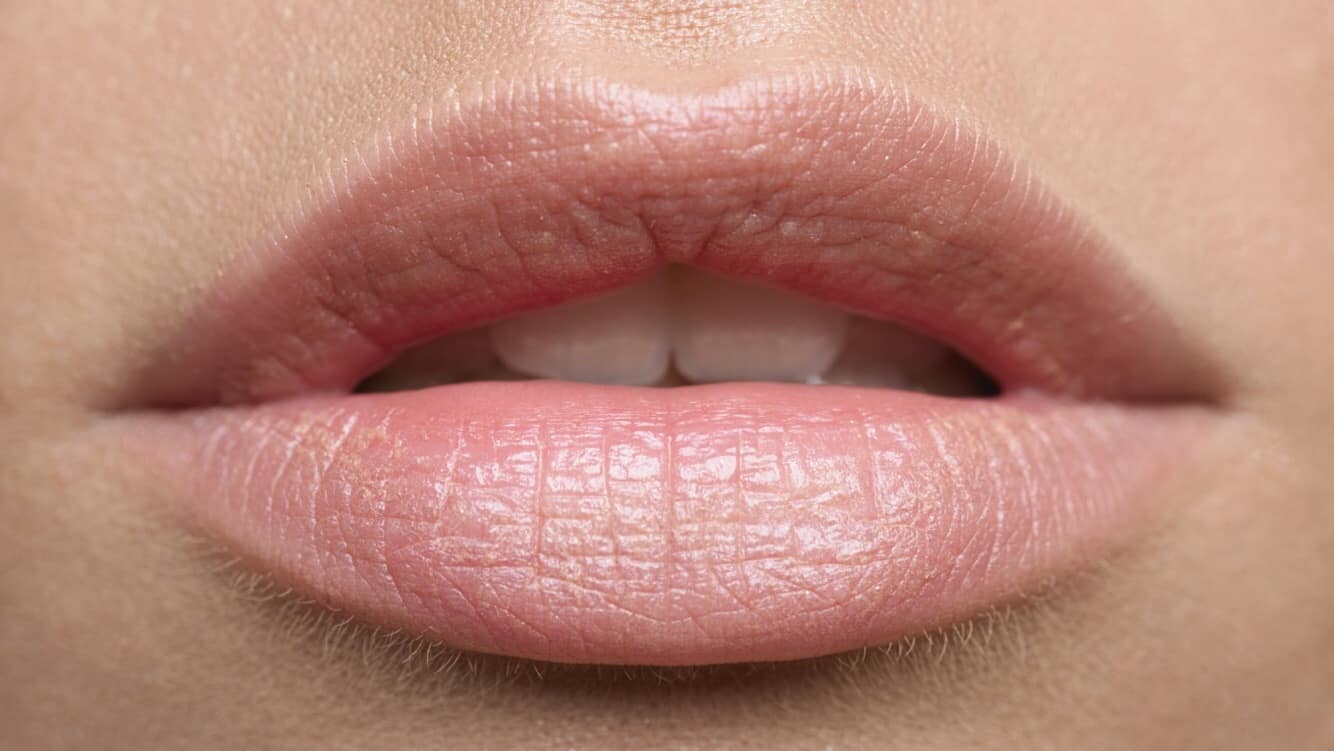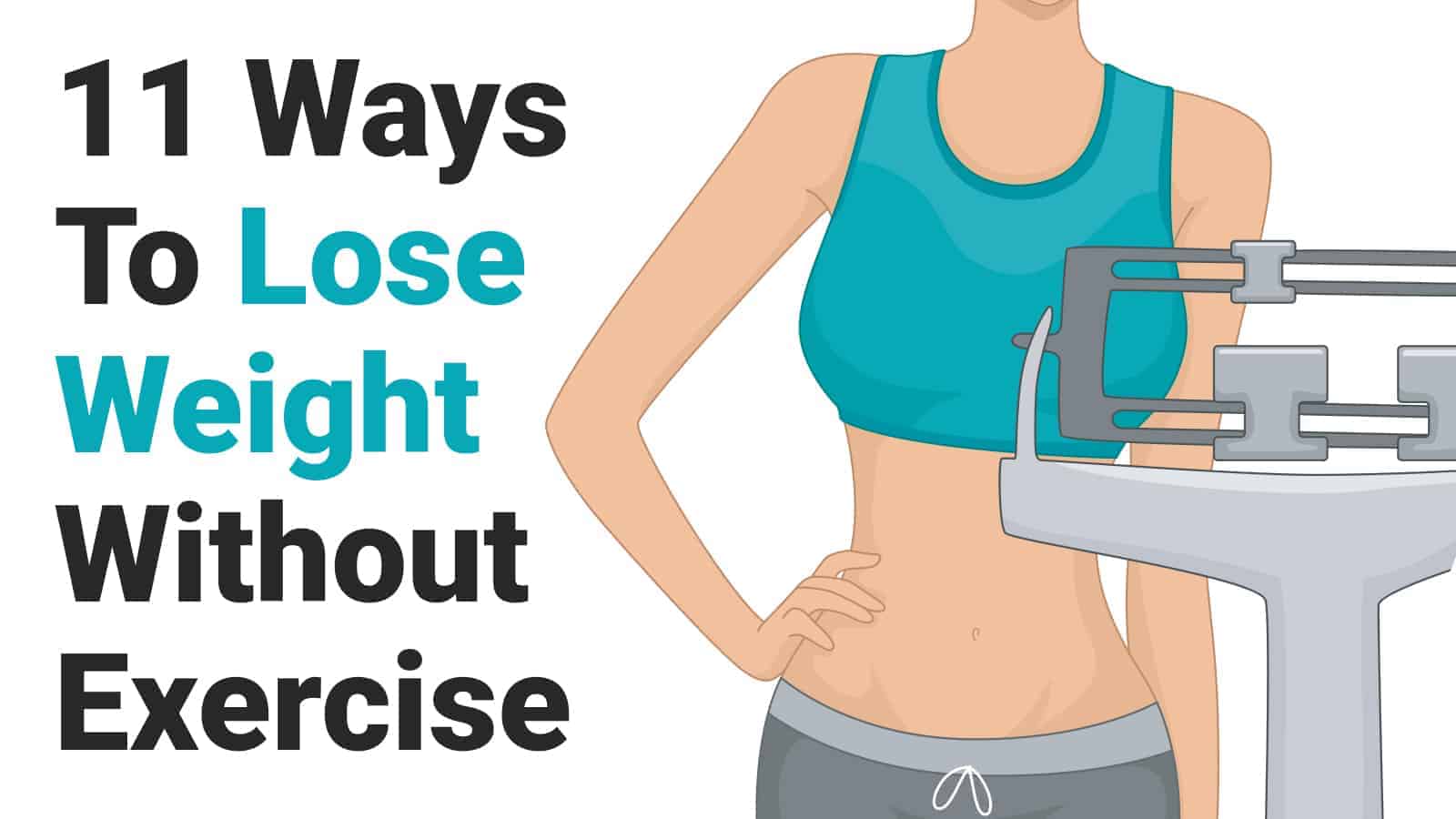There are unforgettable women everywhere – many remain single or lack friendship. Why?
Well, we can’t speak for every woman; but, the odds are that she’s tired. Tired of dating and befriending one mediocre person after another. She’s probably sick of being taken advantage of, lied to, and disrespected.
Women with this quality are usually the good-hearted and trusting types – two characteristics that, unfortunately, are too often exploited.
An unforgettable woman is one whose former partners and friends kick themselves for letting go or losing.
Extraordinary qualities are unappreciated by ordinary people – an unfortunate truth evident throughout life. Happy people are despised by the unhappy. The quiet are mocked by the loud. The overachievers are detested by the underachievers – and so forth.
Exceptional women are no different in this regard.
So, in honor of all the beautiful and extraordinary women out there, here are 11 traits we revere:
“The beauty of a woman is not in the clothes she wears, the figure that she carries, or the way she combs her hair. The beauty of a woman is seen in her eyes, because that is the doorway to her heart, the place where love resides. True beauty in a woman is reflected in her soul. It’s the caring that she lovingly gives, the passion that she shows & the beauty of a woman only grows with passing years.” ~ Audrey Hepburn
1. Your kindness
Your kindness is evident everywhere you go. No matter how many times your consideration, generosity, and friendliness have gone ignored, you persevere.
You are loved by the peoples’ lives you’ve touched more than words can express.
2. Your independence
If you’ve found the right person, chances are they fell in love with your independent nature. We love that you don’t value your worth from a partner but from the unique and extraordinary qualities that you hold to your heart.
3. Your selflessness
An unforgettable woman always gives more than she receives. Think of one or two of the most influential woman in your life, the woman you love more than anything. Now ask yourself this question: did she put the needs of others before her own?
Ask the same question about any woman who has left this world a better place.
4. Your grace
Unforgettable women always seem to carry themselves with grace. Have you ever seen a documentary about Jacqueline Kennedy or Princess Diana? They were the embodiment of elegance and class. Unsurprisingly, they were also victimized for their disdain of everything “tabloid.”
We admire how you personify humility and grace.
5. Your passion
We love your enthusiasm and excitement about the things important to you. We admire that your passion is almost always your purpose. Something else that we love is your passion for things both big and small – an uncommon characteristic nowadays.
6. Your support
Whether it’s your friend, family member, or romantic partner, your support is never feigned, and never appears to cease. While you may not always agree with us, you’ll always have our back 100 percent.
7. Your insight
You know what we’re capable of becoming, even if we don’t. While we may not always appreciate your insightfulness, we understand that your wisdom is deserving of some deep contemplation.
8. Your energy
We love your energy and eagerness to face the world head-on. While you may not be very loud, we feel and sincerely appreciate your positive attitude and wonderful energy. We love how when we’re feeling down; you’re “right on time” to lift our spirits!
9. Your honesty
You may be sweet, but you’re not afraid to mix in some sour if need be. Sometimes, this “sour” comes after someone acts foolish or mistakes your kindness for weakness.
For the most part, you deliver your words in equal parts sweet and serious.
10. Your persistence
As discussed, it’s not easy being an extraordinary woman nowadays. It’s quite remarkable that you’ve been able to keep chugging along to this point. Many good people feel the pull of the undertow of modern society – something that speaks to how unforgettable you really are!
11. Your love
Last but certainly not least: thank you for your love. Thank you for all of the times you’ve called and answered the phone; lent us your ear and heart; told us what we needed to hear, and for allowing us to be part of your beautiful life.
Thank you for your love. Again.










